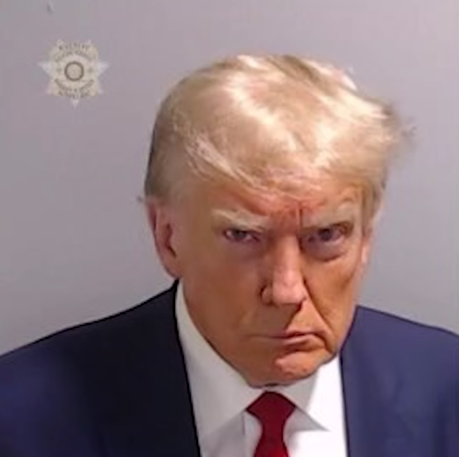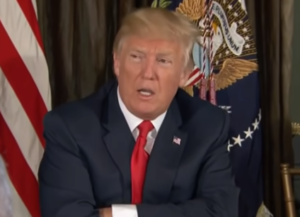
As the United States grapples with the aftermath of a tumultuous presidential term, one question looms large in the minds of many: Could former President Donald Trump be barred from holding public office again for his alleged involvement in an insurrection? The answer lies in Section Three of the 14th Amendment, a provision dating back to the era of the Civil War. In this blog post, we delve into the legal intricacies surrounding Trump’s eligibility and the debates that have arisen.
The Controversy Surrounding Trump’s Eligibility
Donald Trump’s eligibility to run for president again has come under intense scrutiny in the wake of his legal troubles, including allegations of attempting to overturn the 2020 election results. Critics argue that Section Three of the 14th Amendment could render Trump ineligible due to his perceived role in what they view as an insurrection—a serious offense under the amendment.
Section Three: A Historical Relic with Contemporary Relevance
Section Three of the 14th Amendment was originally enacted in the aftermath of the Civil War. Its primary aim was to prevent those who had engaged in insurrection or rebellion from holding public office. While its historical context was rooted in addressing former Confederate officials, legal scholars argue that Section Three is a general statute with enduring applicability.
The Broad Language of Section Three
Kimberly Wehle, a law professor at the University of Baltimore, highlights the broadly worded nature of Section Three. Unlike other provisions of the Constitution, it does not specifically target Confederates nor mention them by name. This broad language is where the challenge lies for those seeking to disqualify Trump under this provision.
Enforcement Challenges: Who Decides Eligibility?
One of the most significant challenges in applying Section Three is its lack of specificity regarding enforcement. It does not outline a clear process for determining eligibility or banning candidates from holding office. This ambiguity raises questions about who ultimately decides whether an individual, such as Trump, should be disqualified from seeking public office.
CREW’s Lawsuit and State-Level Challenges
Citizens for Responsibility and Ethics in Washington (CREW) has taken a proactive stance by filing a lawsuit in Colorado. Their lawsuit aims to utilize state law to challenge Trump’s constitutional eligibility and keep him off the Republican primary ballot. It is worth noting that different states have varying mechanisms for challenging candidate qualifications, further complicating the situation.
The Role of the 14th Amendment in Presidential Qualifications
While the Constitution explicitly outlines certain qualifications for the office of President, including age, citizenship, residency, and term limits, the 14th Amendment’s role in this context remains a subject of debate among legal scholars. Some argue that it serves as a qualification for President, while others view it as a potential after-the-fact defense.
Debating the Definition of ‘Insurrection’ and ‘Rebellion’
Central to the debate is the interpretation of ‘insurrection’ and ‘rebellion’ under Section Three of the 14th Amendment. There are differing opinions on whether a conviction or direct involvement in violence is a prerequisite for triggering disqualification. Some argue that even nonviolent acts or incitement can lead to disqualification under this provision.
Justiciability and Complex Legal Questions
Legal scholars and experts are confronted with justiciability issues in these cases. Matters such as political questions and the lack of clear judicially manageable standards may limit the courts’ ability to rule on disqualification cases independently. This further complicates the legal landscape surrounding Trump’s eligibility.
Conclusion: Trump’s Eligibility—A Complex Legal Puzzle
The question of whether Donald Trump is eligible to run for president again is entangled in a web of legal complexities, historical context, and differing interpretations. Section Three of the 14th Amendment, designed to address the aftermath of the Civil War, has resurfaced as a potential tool for disqualification. Yet, the absence of clear enforcement mechanisms and the broader language of the provision create a challenging legal terrain. As lawsuits and debates continue to unfold, the nation watches closely, pondering the intersection of history and contemporary politics.




